Nile Institute Of Management Studies Arua
Innovative Professionals
Courses / Study Programs
Our Programs Are Accredited by National Council for Higher Education and Uganda Business and Technical Examinations Board (UBTEB) as by 2022/2027
Diploma Programs
The duration for any one of these Courses is two (2) years.
Certificate Programs
The duration for any one of these Courses is also two (2) years.
Vocational Programs
The minimum duration for studying any one of these Courses is three (3) months.
We at Nile institute are committed to the development of all our students through education at all levels. Our Mission is serve dedicatedly, through professional teaching; students development; and social involvement for the preparation of graduates to become professional entrepreneurs and managers for socio-economic transformation.



Why Choose Us
Condusive Environment
The Institute is located within the outskirts of Arua City in a quiet and peaceful environment that's very conducive for learning
Variety of Courses
The Institute offers a variety of courses at both formal and non formal levels. This gives an opportunity to all types of learners regardless of their academic backgrounds.
Accredited Courses
All our training programs are accredited by National Accrediting bodies. Any qualifications or awards obtained from us are therefore recognized nationally and internationally.
Apply For Program
A place to provide students with enough knowledge and practical skills that enable them create social and economic transformation in the community. Are you looking for exceptional education experience? Nile Institute might be the place for you.


A Message from the Principal
Dear Prospective Student, Welcome to Nile Institute of Management Studies. We at Nile Institute are committed to the development of all our students through education at all levels, stressing practical skills and the sharing of relevant knowledge with the aim of passing out competent graduates who are going to create social and economic transformation in the region. Our training programs are continually reviewed and revised to reflect the changing needs of society, so that on graduating; our students remain relevant to the requirements and the challenges of the labor market. The students enrolled in NIMSA are required to follow the values of the Institute-with the ultimate aim of developing them into professional people who will combine competence with a strong sense of responsibility as society desires. With a team of Lecturers and Instructors who are creative, imaginative, innovative and critical in their teaching approach, we believe that we can make you a very useful and responsible citizen.
Thanks for being part of Nile Institute of Management Studies Arua
Orio Wilson
Principal
Sports and Fitness

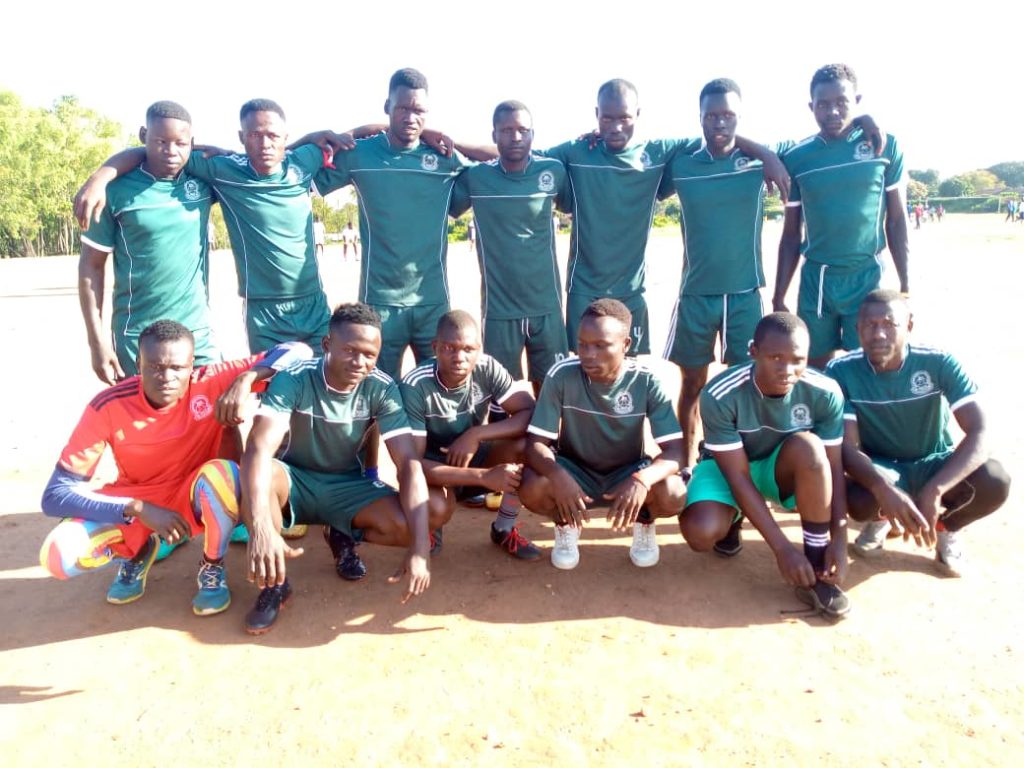









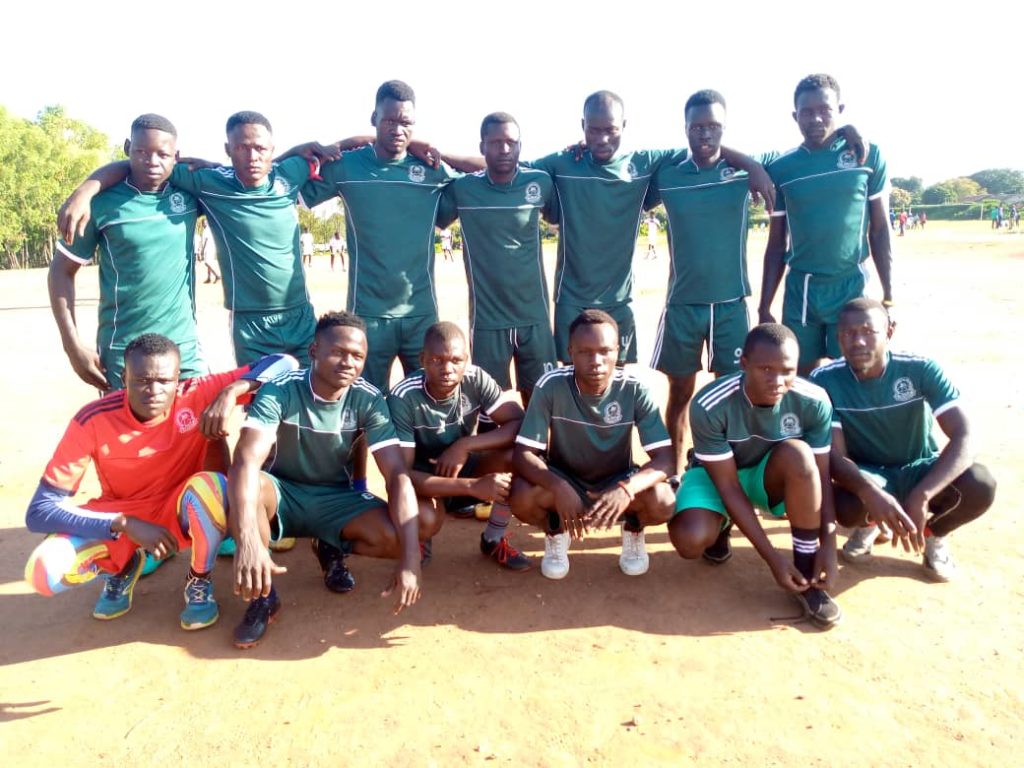



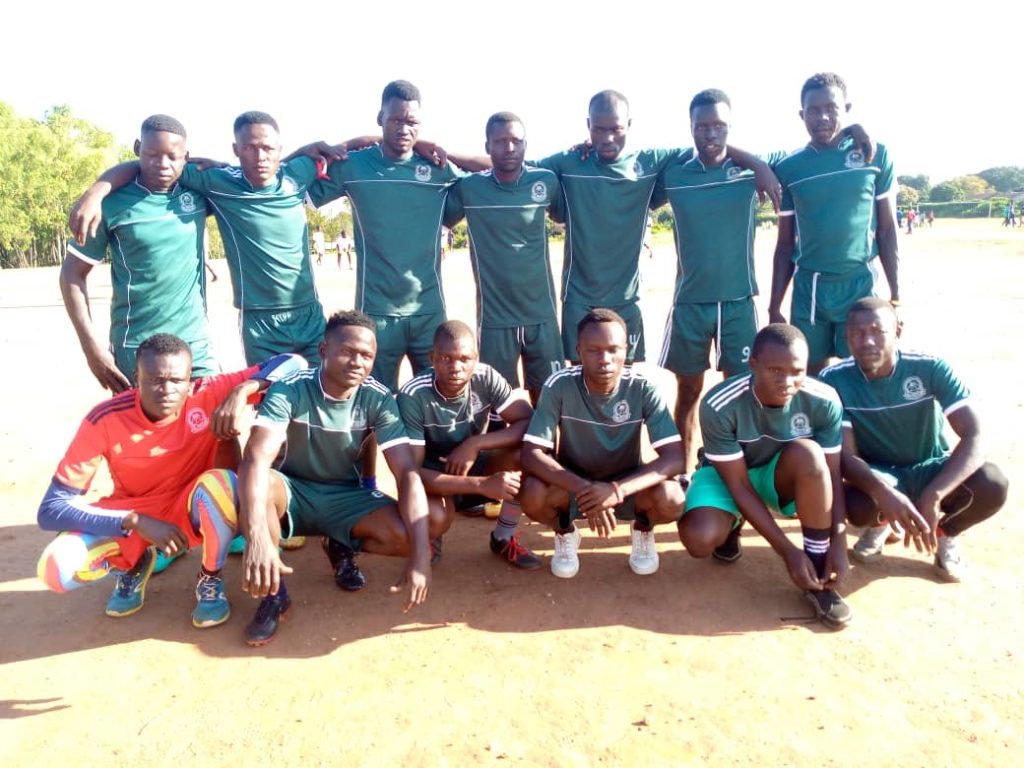
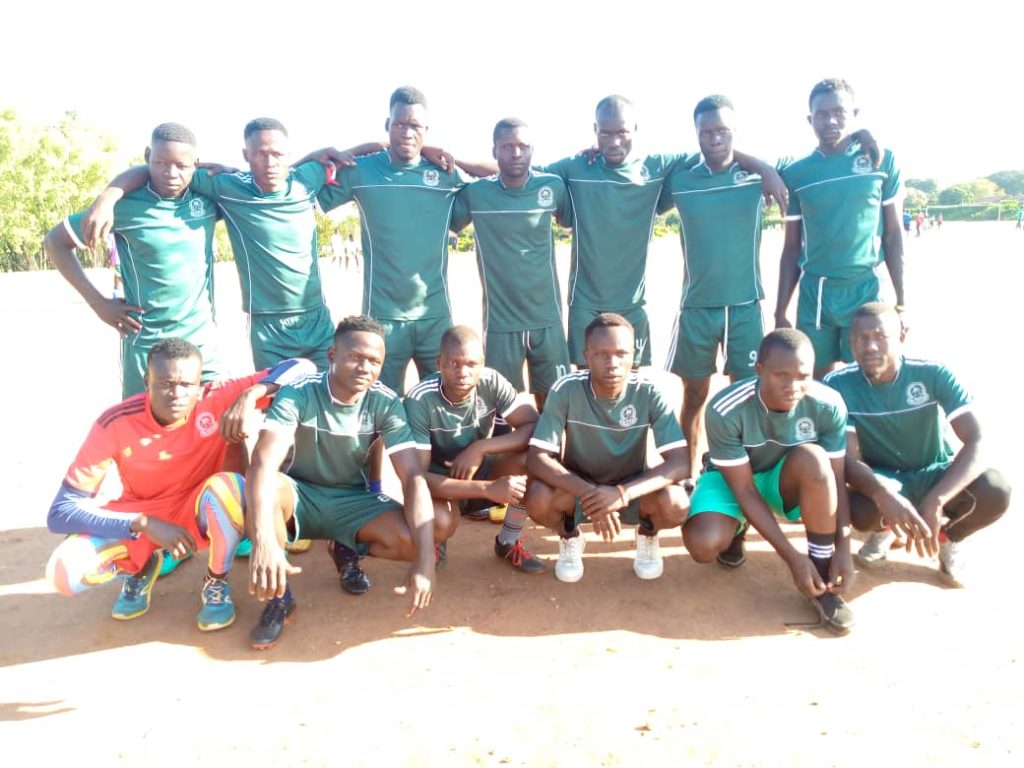

EVENTS

Sports
Nile Institute offers a diverse range of competitive sporting opportunities to help you lead a healthy and active lifestyle.
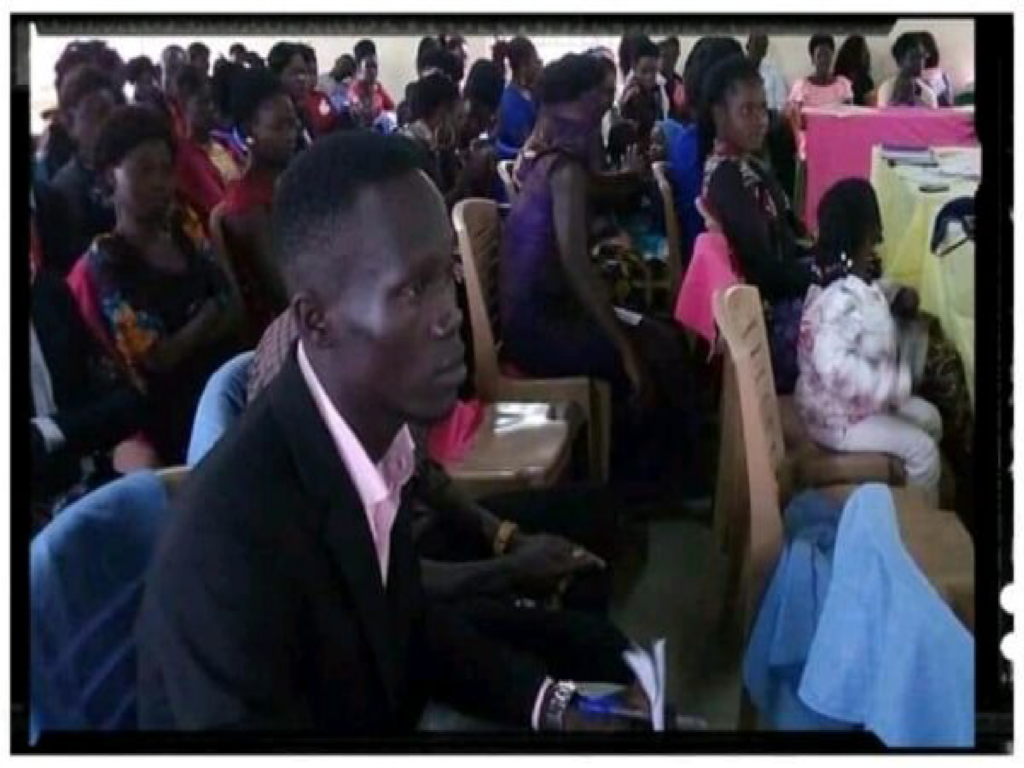
Orientention of new students
New students who join every new semester are officially recieved by the management and introduced to various sections of the institute

Graduation Ceremony
All students who complete their courses of study are celebrated through a ceremony and are handed over their academic certifications.

Community Outreach
Once in a while the institute organizes and hosts events that bring together people around the institutes’ vicinity.
Do you have any questions?
Feel free to reachout to us if you have any further questions and we shall be happy to answer them
